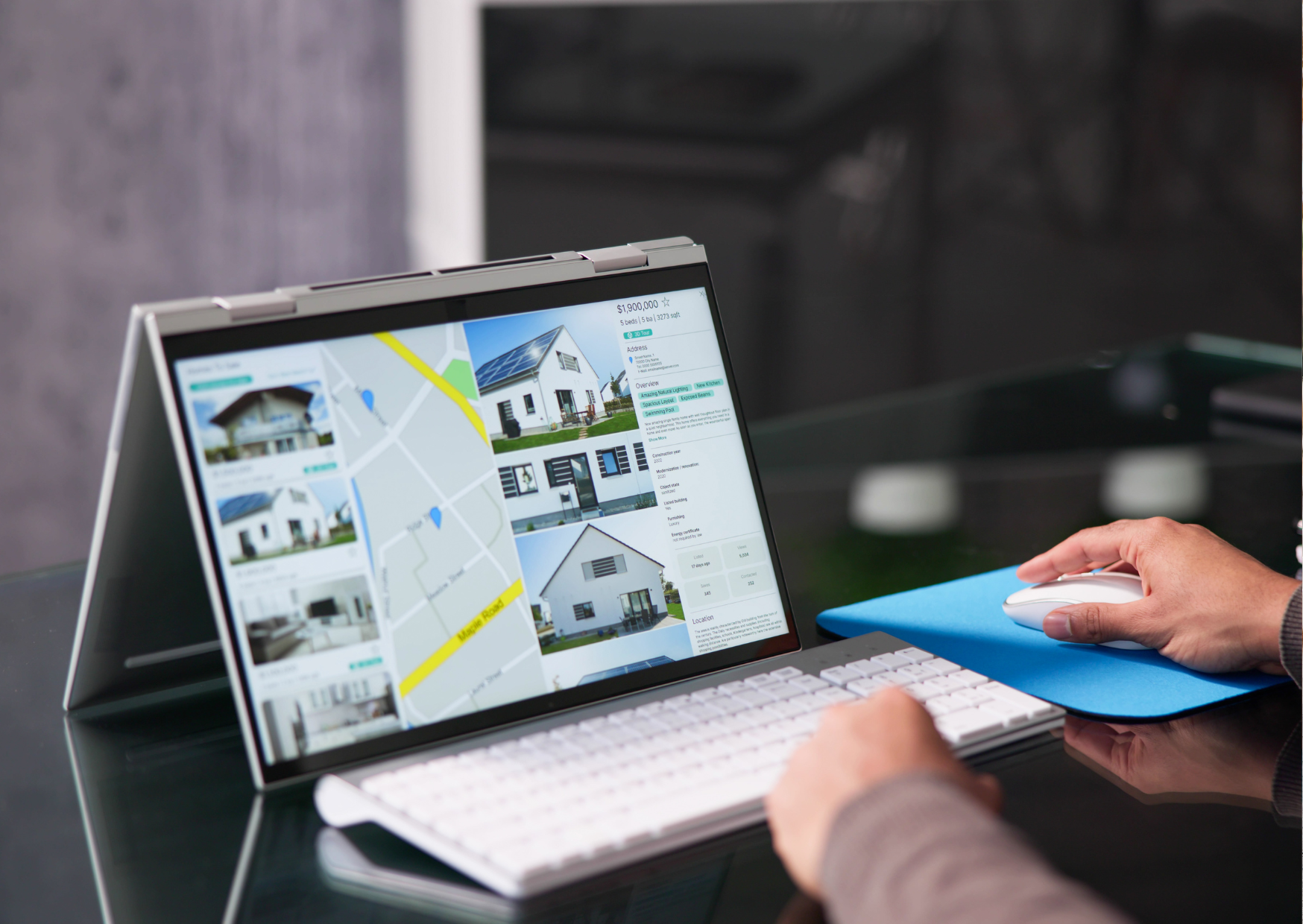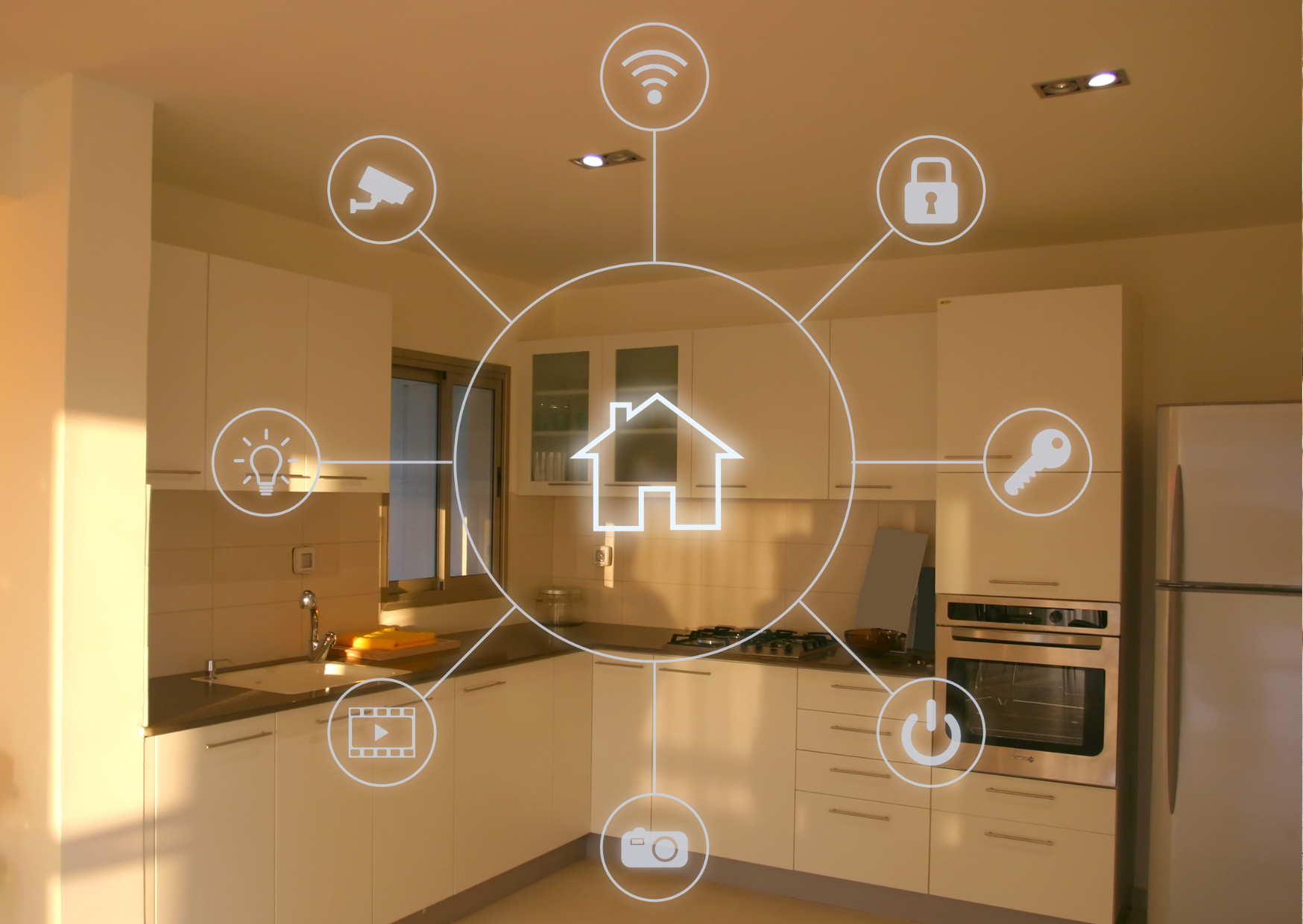We’ve talked a lot of about remote work: why people love it, whether it’s here to stay, and how companies can leverage remote work for increased employee productivity and satisfaction. In this article, we’re highlighting a group that often excels at remote work, and for whom keeping remote work a possibility is a distinct advantage: the introverts.
Introverts Excel in More Private Environments
Introverts are generally thought of as reserved and quiet, but introversion and extroversion are actually more about where people derive their energy. Introverts recharge in solitude, extroverts are energized by being around others. Too much time with others can sap introverts of their energy and creativity, with the opposite being true for more extroverted people. While most people need a mix of both, these two personality types are perhaps the biggest case for work flexibility: introverts excel in more private environments (like at home) and extroverts prefer being around others, so having a choice can allow employees to be more successful.
What is it that introverts love about solitude? For many, it lends a creativity boost. Being able to work without interruption and at their peak creative time without the distraction of coworkers constantly stopping by or being able to get right in the groove instead of a morning rush and a commute to work means their productivity increases. Having time alone to process or take notes after a meeting or to really think through a deep problem is also incredibly helpful for introverts, and allowing them to have more control over their time allows them to do that. The Value of Quiet
It also means that managers might see sides of their introverted team members that they didn’t see before–before the pandemic, “contribution” often meant sharing ideas, talking, being dynamic, but we’ve since learned the value of letting people be quiet, process, and have time to work without interruption.
Even if managers would prefer their whole team in-office, there’s a lot we can learn from productive introverts who thrived at home during the pandemic: allowing people to have a quiet, private space to work, set their meeting hours and work times, and put boundaries around the times when they need to be “on” are things that can help all employees succeed–introverts and extroverts alike.
Introverts are generally thought of as reserved and quiet, but introversion and extroversion are actually more about where people derive their energy. Introverts recharge in solitude, extroverts are energized by being around others. Too much time with others can sap introverts of their energy and creativity, with the opposite being true for more extroverted people. While most people need a mix of both, these two personality types are perhaps the biggest case for work flexibility: introverts excel in more private environments (like at home) and extroverts prefer being around others, so having a choice can allow employees to be more successful.
What is it that introverts love about solitude? For many, it lends a creativity boost. Being able to work without interruption and at their peak creative time without the distraction of coworkers constantly stopping by or being able to get right in the groove instead of a morning rush and a commute to work means their productivity increases. Having time alone to process or take notes after a meeting or to really think through a deep problem is also incredibly helpful for introverts, and allowing them to have more control over their time allows them to do that. The Value of Quiet
It also means that managers might see sides of their introverted team members that they didn’t see before–before the pandemic, “contribution” often meant sharing ideas, talking, being dynamic, but we’ve since learned the value of letting people be quiet, process, and have time to work without interruption.
Even if managers would prefer their whole team in-office, there’s a lot we can learn from productive introverts who thrived at home during the pandemic: allowing people to have a quiet, private space to work, set their meeting hours and work times, and put boundaries around the times when they need to be “on” are things that can help all employees succeed–introverts and extroverts alike.


